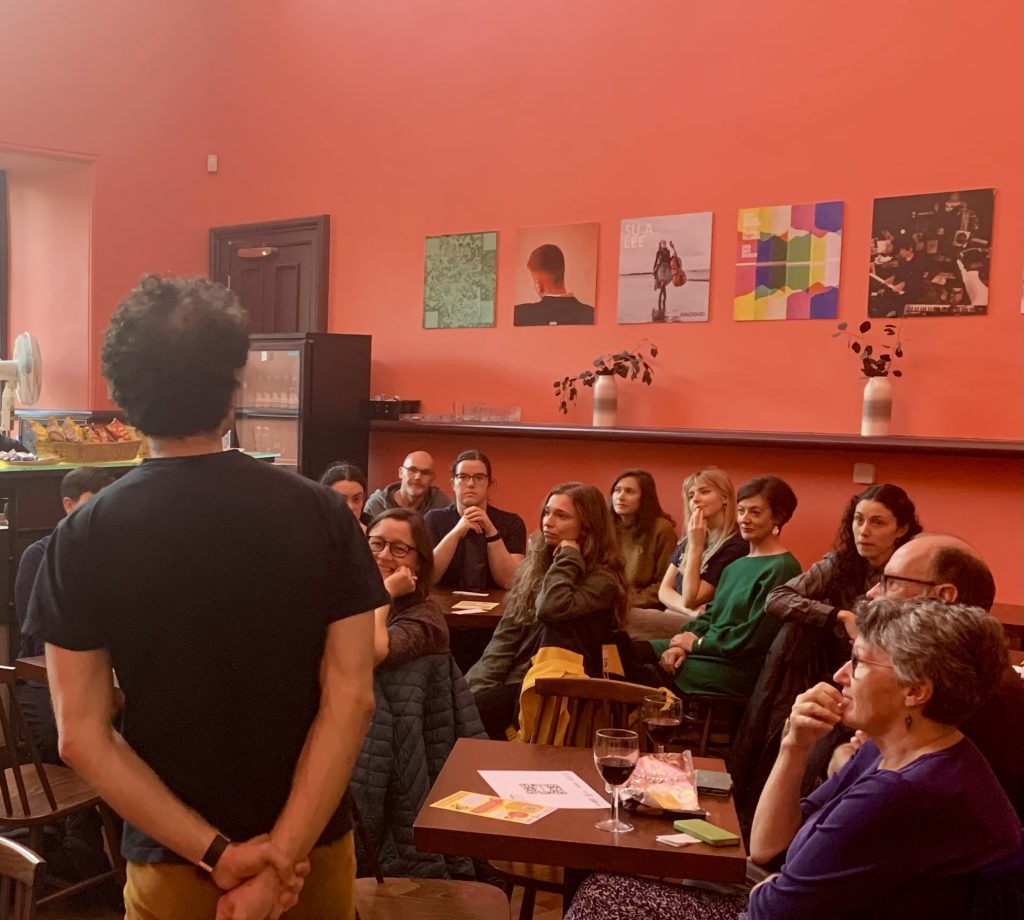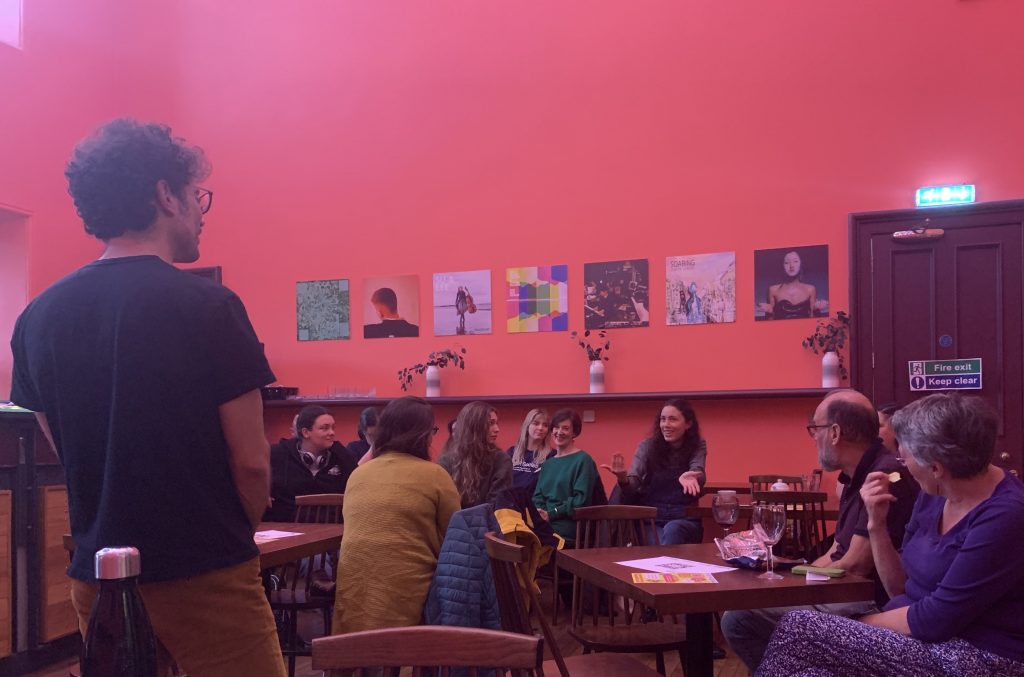Engagement
Science Communication
Glasgow Science Festival 2024


What we believe impacts everything we do. But what if we are wrong? Discover how your beliefs change, how we can understand each other, and try some classic psychology tests with researchers from the University of Stirling.



We thank the Royal Institute of Philosophy Stirling Branch for financial support.
Stirling Science Festival 2023
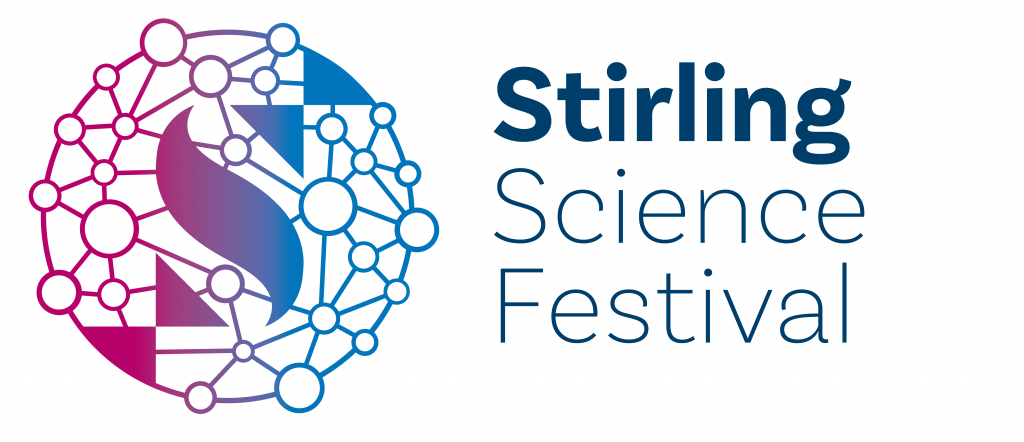
Family activity day
14 October 2023
Discovering the power of teamwork in research!
The Stirling Science Festival Family Day gave us the perfect opportunity to demonstrate the power of interdisciplinary research.
We spent the day offering families the chance to work together to build spaghetti towers and complete puzzles to show how we can bring together experts from different fields to tackle challenging questions.


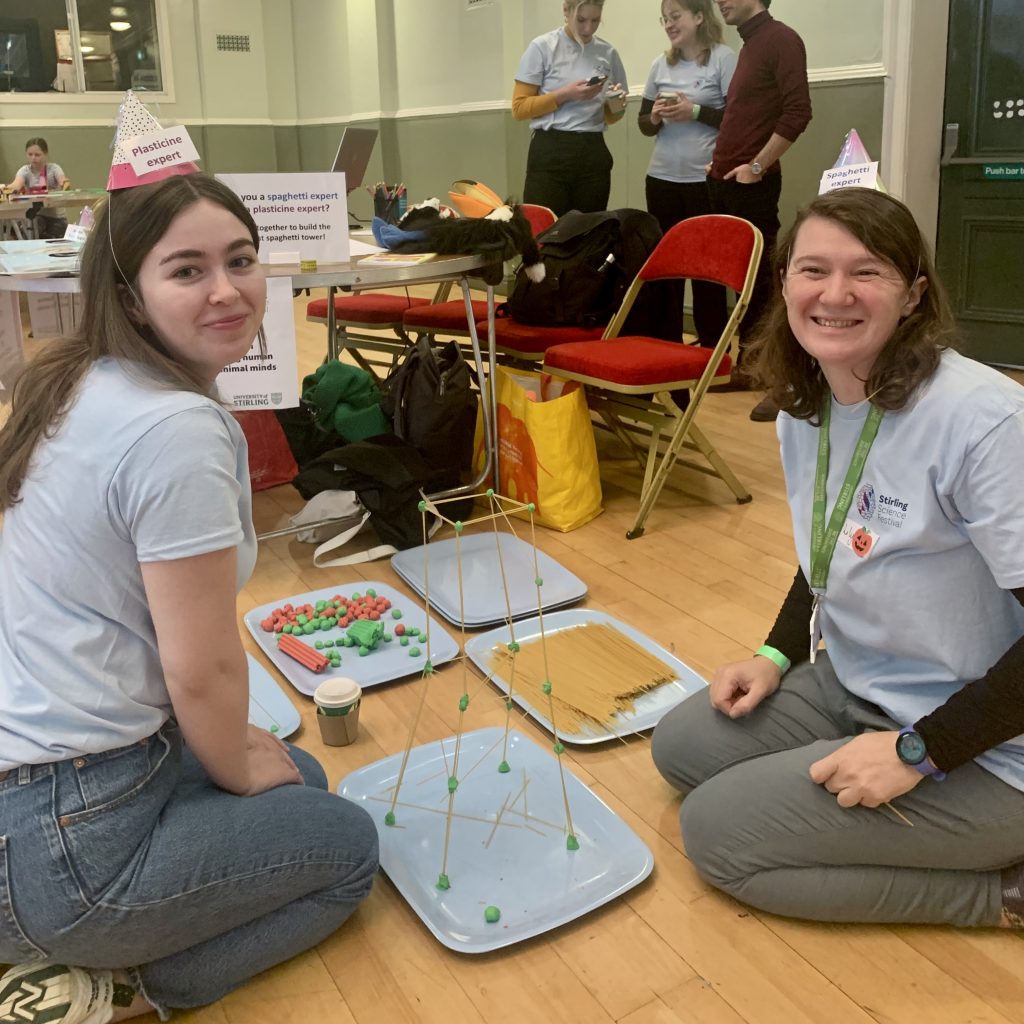
We thank the Royal Institute of Philosophy Local Partner for financial support.
Glasgow Science Festival 2023
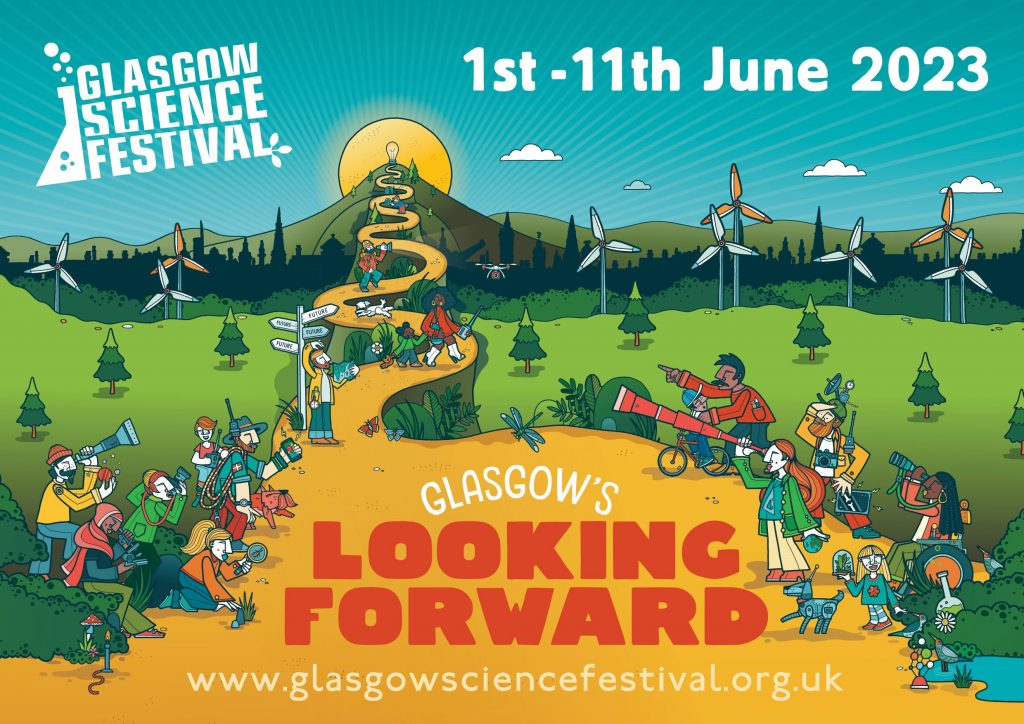

We had a great time at the Botanic Gardens for Glasgow Science Festival. Thank you to everyone who stopped to say hello and engage with some challenging questions about human and animal minds. And thank you to all the children who took the time to draw us some lovely pictures.


We thank the Royal Institute of Philosophy Local Partner for financial support.
Public Lectures
Albert Newen
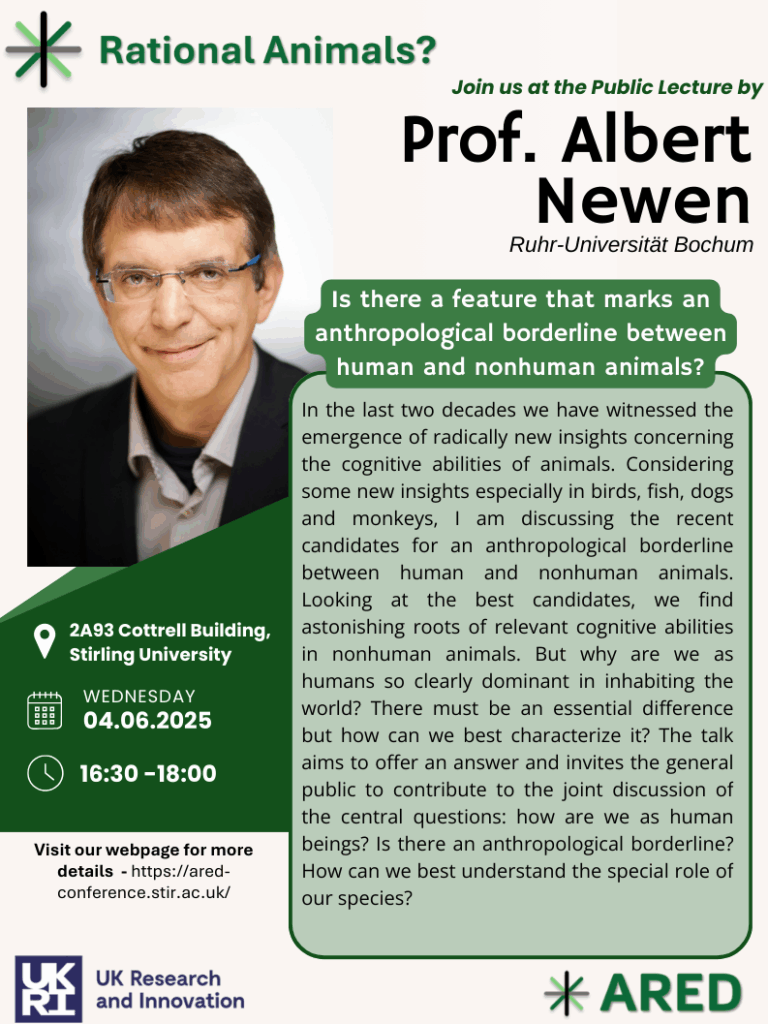
The public lecture will be delivered as part of the ARED conference: Rational Animals? Developmental, comparative, philosophical and methodological perspectives.
Mark Rowlands

We thank the Royal Institute of Philosophy Local Partner for financial support.
Erica Fudge
What were the animals thinking? The differences between theory and practice in early modern ideas
In early modern thought a philosophical orthodoxy, emerging out of Aristotelian and Christian ideas, held that animals were incapable of thinking like humans; that they lacked the crucial immaterial essence, the rational soul, that gave ‘mankind’ (it was definitely men who were the assumed focus) its special status. The beasts, so the argument went, responded only instinctively to sensory prompts, whereas humans could go beyond those prompts into the realm of the abstract, and could imagine, reason, remember. At the same time as this set of assumptions about animal (lack of) reason was so dominant in printed discussions, however, there was an alternative perspective. When we turn from the library to the field – from theory to practice – something very different can be found. James VI and I, for example, was convinced his hunting hounds could perform abstract calculations; and the great horse trainer William Cavendish knew his horses were capable of acts of memory, and that, in fact, training was premised on that capacity. And then there were the cows. This talk will trace these different perspectives, and show how far theoretical discussion missed out ideas of animal capacity that were so visible, and vital, to those who worked and lived closely with them. It will make the case that the early modern past was not only the site of beast-machines and human exceptionalism, but was also home to conceptions and experiences of animal thinking and skill that was crucial to successful cross-species collaboration
Ludwig Huber

Café Philosophiques
Stirling Science Festival 2024
Rational Animals?
Some people say that humans are the only rational animals. But what is rationality? And is it true that non-human animals are not rational? Come and join the discussion!
Saturday October 19 2024, 2:30 pm, Tolbooth, Stirling.
Glasgow Science Festival 2024


Human and Animal Intelligence
12th of June at 6.30pm
Advanced Research Centre, University of Glasgow
Are animals rational in a way similar to humans, or do they have a different kind of intelligence? Many think that rationality is uniquely human, and yet cognitive ethology suggests that the minds of humans and animals are pretty similar. After a short introduction on the arguments pro and against animal rationality, we’ll wonder what rationality might be and which subjects may possess it.
Stirling Science Festival 2023
Dr Giacomo Melis made a short presentation on the relation between human and animal intelligence. We then had a lively philosophical discussion in which the whole group participated.
Are animals rational in a way similar to humans are, or do they have a different kind of intelligence? Many philosophers think that rationality is uniquely human, and yet cognitive ethology suggests that the minds of humans and animals are pretty similar. After a short introduction on the arguments pro and against animal rationality, we’ll wonder what rationality might be and which subjects may possess it.


